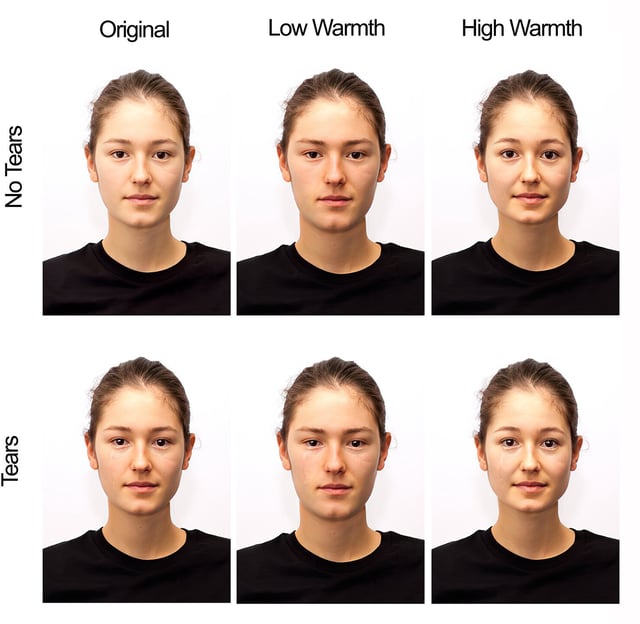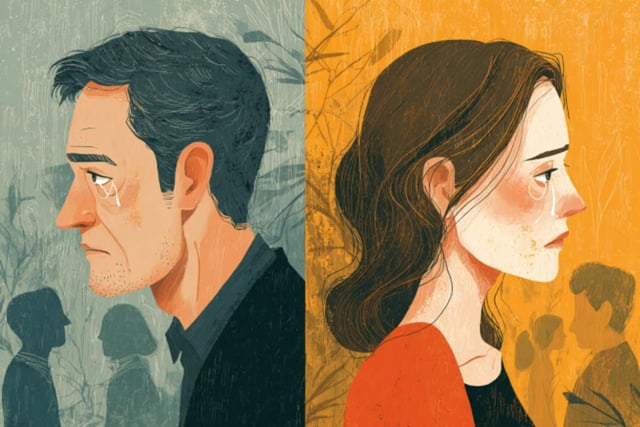Overview
- Monika Wrobel and colleagues conducted experiments with over 3,400 participants across five countries, digitally adding tears to facial images shown in both manipulative and non-manipulative scenarios.
- Tears produced a small overall boost in perceived honesty, with more pronounced effects when they occurred in genuine, non-manipulative contexts.
- Male criers and individuals rated low in warmth—groups less expected to cry—received higher honesty ratings when tearful.
- The study’s limited effect sizes and use of static, digitally altered photos underscore the need for research methods that include dynamic cues like gestures, vocalizations, and real tears.
- Published July 16 in PLOS One and funded by the National Science Centre Poland, the findings set the stage for more naturalistic investigations into the social signals of crying.

